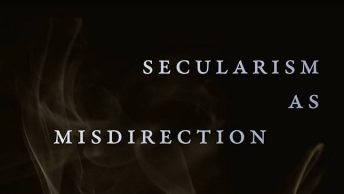Ram Jethmalani exposes the fraud of frauds
When Ram Jethmalani exposed for the first time how the Central Government used the instrument of ratification to cover up corruption (on August 6 at CJAR convention in New Delhi -see Events page), it was another story waiting to be told in detail. He has now followed this up in his column in Sunday Guardian today. The Government signed the UN Convention Against Corruption on May 9. Two things are worth noting: It took India more than five years to begin the process to ratify it after signing it towards the end of 2005. And it did so with a controversial qualification, which seems to defeat the very objective of ratification.
Subscribe
Login
0 Comments





